 Foster Memorial Highway
Foster Memorial Highway
Entry Category: Government and Politics - Starting with F
 Foster Memorial Highway
Foster Memorial Highway
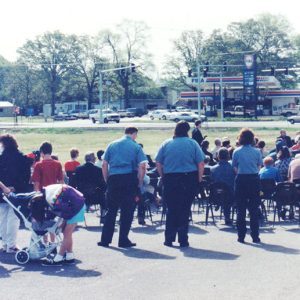 Foster Memorial Highway Dedication
Foster Memorial Highway Dedication
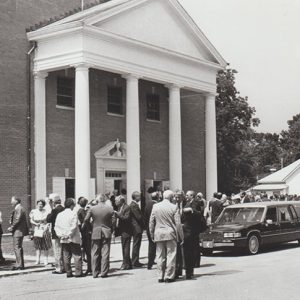 Bill Foster Funeral
Bill Foster Funeral
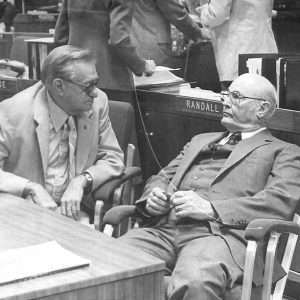 Bill Foster in Chamber
Bill Foster in Chamber
 Bill Foster in Scott
Bill Foster in Scott
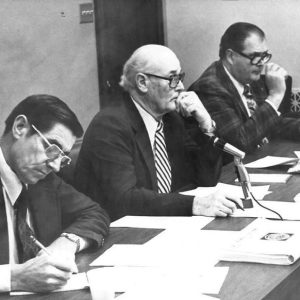 Bill Foster
Bill Foster
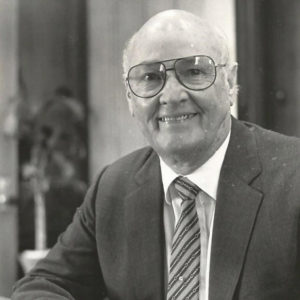 Bill Foster
Bill Foster
 Bill Foster with Students
Bill Foster with Students
 Sketch of Vince Foster
Sketch of Vince Foster
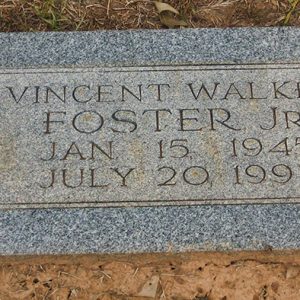 Vince Foster Grave
Vince Foster Grave
Foster, Vincent Walker (Vince), Jr.
Foster, William Franklin (Bill)
Fowler, Absalom
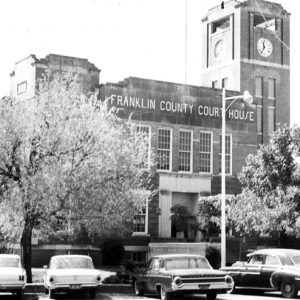 Franklin County Courthouse
Franklin County Courthouse
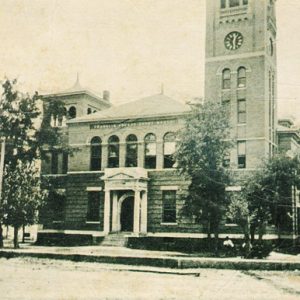 Franklin County Courthouse
Franklin County Courthouse
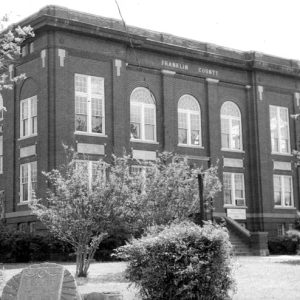 Franklin County Courthouse
Franklin County Courthouse
Frauenthal, Max
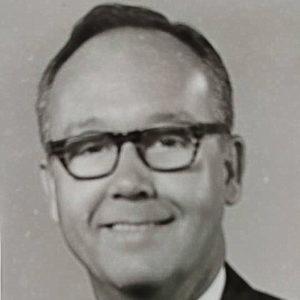 George Frazier
George Frazier
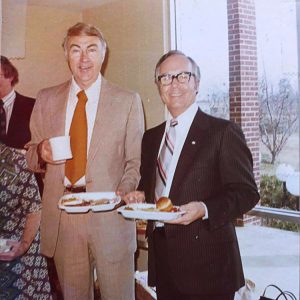 George Frazier and Haskell Jones
George Frazier and Haskell Jones
Frazier, George Thomas
Freedmen’s Bureau
aka: Bureau of Refugees, Freedmen, and Abandoned Lands
Frolich, Jacob
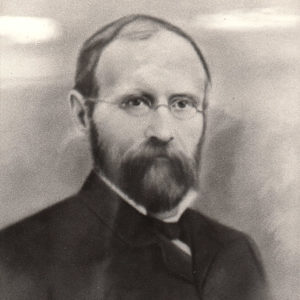 Jacob Frolich
Jacob Frolich
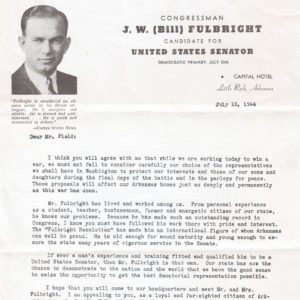 Fulbright Campaign Letter
Fulbright Campaign Letter
Fulbright Memorandum
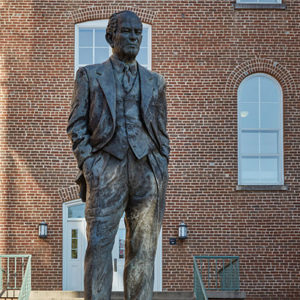 Fulbright Statue
Fulbright Statue
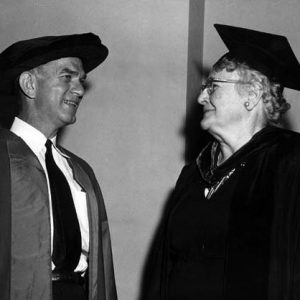 Bill Fulbright
Bill Fulbright
Fulbright, Bill
aka: James William Fulbright
aka: J. William Fulbright
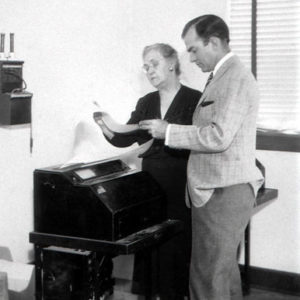 Roberta and Bill Fulbright
Roberta and Bill Fulbright
Fulks, Clay
Fuller, Claude Albert
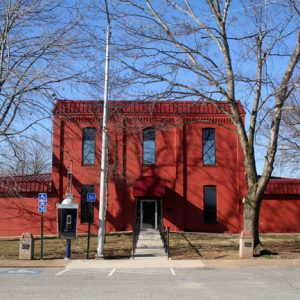 Fulton County Courthouse
Fulton County Courthouse
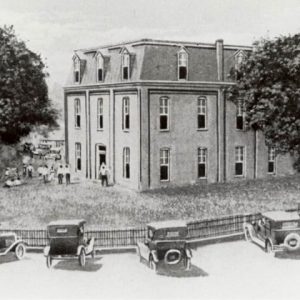 Fulton County Courthouse
Fulton County Courthouse
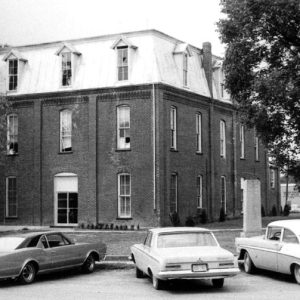 Fulton County Courthouse
Fulton County Courthouse
Fulton, William Savin
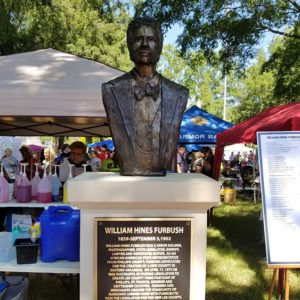 Furbush Bust
Furbush Bust
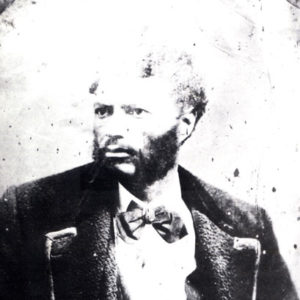 William Furbush
William Furbush
Furbush, William Hines
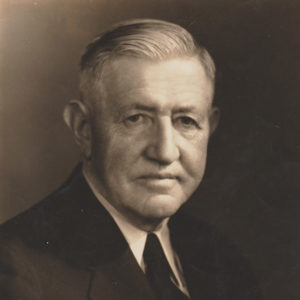 J. M. Futrell
J. M. Futrell
Futrell, Junius Marion
aka: J. Marion Futrell
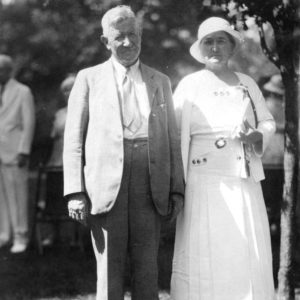 Futrells
Futrells




